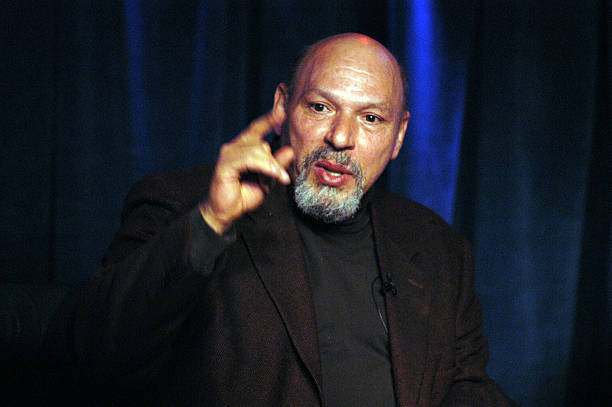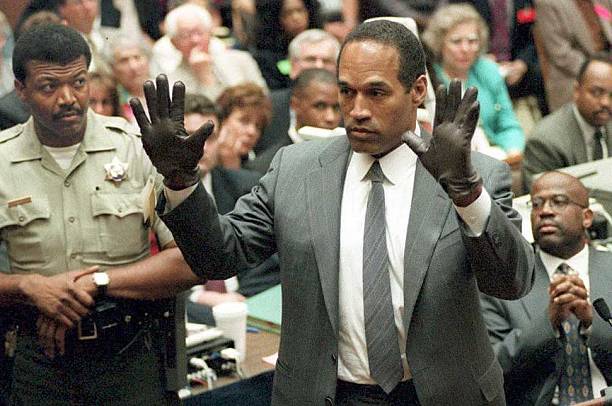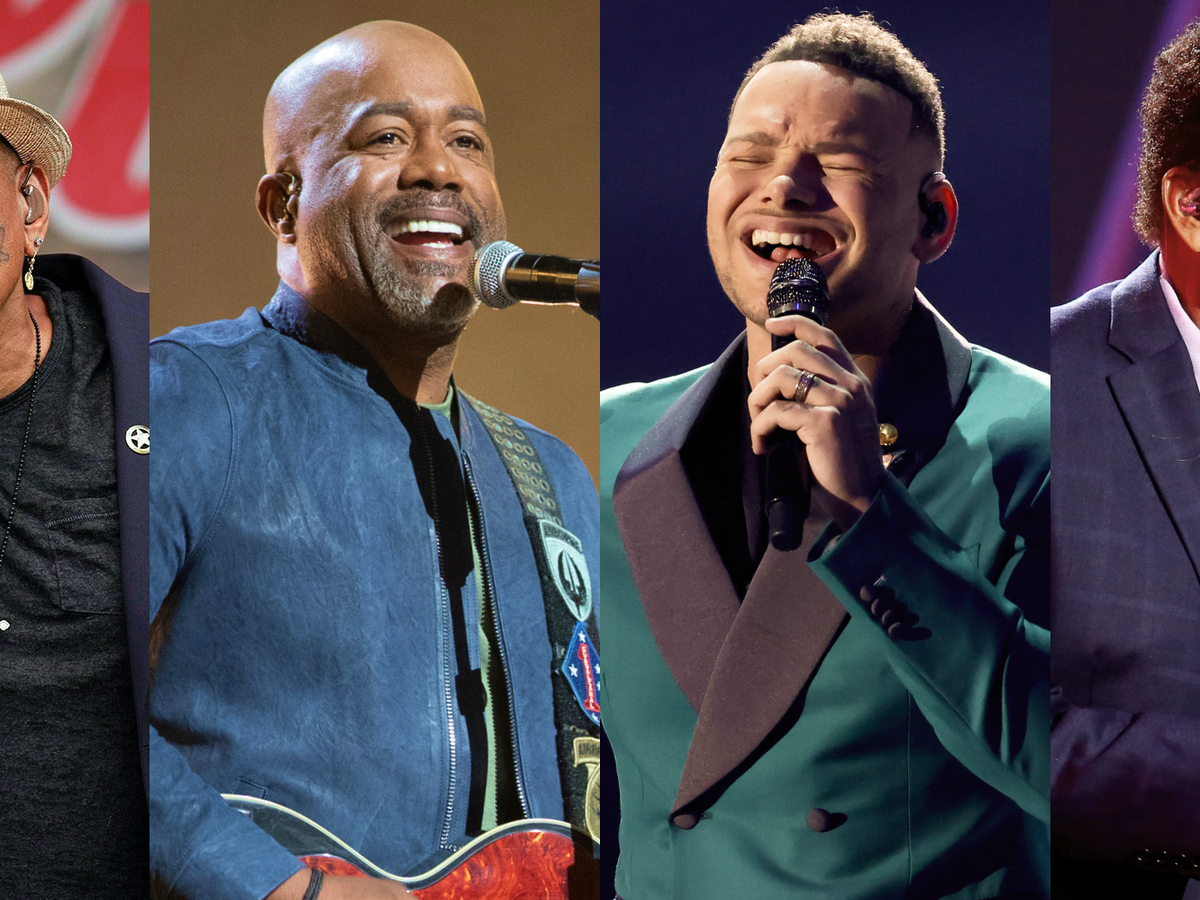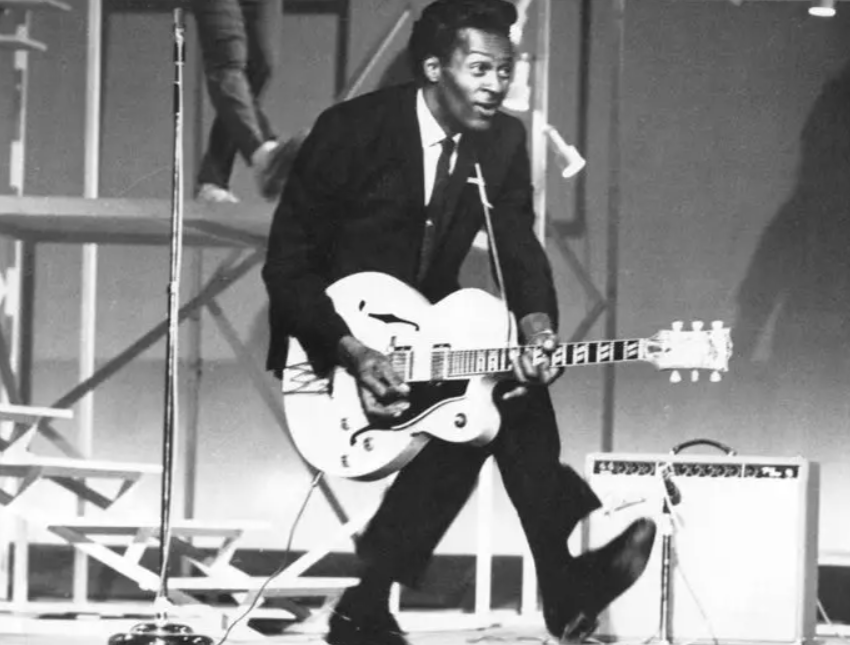(ThyBlackMan.com) Hip Hop often lends itself to oppositional stances, otherwise known as “beefs.” The subculture’s latest and most brewing beef is found amid two powerhouse female rappers: Lil Kim and Nicki Minaj. The root of this fem clash is relatively unknown, however, one can agree that it has reached astronomical plight. Excessive hubris, violence and fragmentation are fueled themes in tracks like Lil Kim’s “Black Friday,” and Nicki Minaj’s “Roman’s Revenge.” The problem with these messages is that they promote disunity among a community that once stood on principals of solidarity and respect.
Nicki Minaj and Lil Kim are victims of a musical genre (Hip Hop) that embraces intra-cultural hostility and hyper-masculinity. While Hip Hop was not birthed with such intentions, it has now become an arena where one is  incited to compete with another to garner respect, or street credibility. All considering, it is no surprise that Lil Kim and Nicki Minaj would use their microphones to inflict lyrical damage. But there is a layered complexity when it comes to Kim and Nicki’s verbal crusade as it relates to women in Hip Hop.
incited to compete with another to garner respect, or street credibility. All considering, it is no surprise that Lil Kim and Nicki Minaj would use their microphones to inflict lyrical damage. But there is a layered complexity when it comes to Kim and Nicki’s verbal crusade as it relates to women in Hip Hop.
Females emerged on the Hip Hop scene initially to provide a voice for the African American woman. That voice enriched the equity and value of women in the black community through the use of feminist rhetoric, and also critiqued and challenged each other with the intent of reinforcing self-worth. Rappers like Queen Latifah, MC Lyte and Salt-n-Pepa carved commercial success with female anthems that refined the esteem of women–black women especially. Anthems such as Queen Latifah’s “U.N.I.T.Y.” were revolutionary in part because they challenged Hip Hop’s incessant patriarchy, while empowering women to take pride in their womanhood.
But some of the early female anthems were also “dis” tracks in duality. In 1984, female rapper Roxanne Shante set in motion the genre of Hip Hop dis tracks, also known as answer songs, when she released “Roxanne’s Revenge,” which she recorded in her basement in response to a track, “Roxanne, Roxanne” by male trio U.T.F.O. U.T.F.O’s track fostered, in more ways than one, patriarchy and the idea that a woman was easily attainable. Roxanne’s Revenge rejected that notion, calling out members of the trio and discrediting their manhood. Roxanne Shante’s nearly five-minute rhyme became monumental in the realm of female MCs.
Although it is not proven, Minaj’s dis track aimed at Kim, “Roman’s Revenge,” tips its hat to Shante’s “Roxanne’s Revenge.” However what separates Minaj’s ‘revenge’ from the former, is that Shante’s promoted female empowerment and equality, while Minaj’s causes fragmentation in the pool of female rappers. Roman’s Revenge also promotes patriarchy. Nicki not only uses a gay male as the voice of the dis song (hence the title), but she also begins the track with the rhyme, “I am not Jasmine, I am Aladdin,” suggesting that she is intentionally discarding her femininity, and embracing masculinity as a means of asserting authority. Considering Minaj’s assertion that Roman is her alter ego who says things she cannot, the question is begged, why can’t a woman speak up for herself without the help of a male alter ego? Another alarming issue with Roman’s Revenge is the inclusion of Eminem, who clearly spews misogynistic verses, fueled with animosity and violence. It is quite denigrating to Nicki as a woman, let alone a female rapper. Eminem’s feature on the track adds to the argument that Roman’s Revenge does more to uphold male dominance than female prowess.
Kim’s “Black Friday” is no different in its detrimental impact on the value of female rappers. Black Friday often makes violent references, so much that one may wonder if a woman or a man is the mastermind behind them. Kim’s rhymes are fueled with hatred, so much that comparisons could be drawn to the viral beef between Tupac Shakur and Notorious B.I.G. A veteran like Kim should know that dis tracks lead to more friction, and sometimes deadly outcomes.
In the past, beefs were used to challenge one another in a constructive manner. MCs utilized beefs to better hone their craft. Nicki and Kim however, focus more on shock value and monetary gain. Instead of the anthems of yesteryear that once promoted female solidarity, contemporary female rappers utilize their microphones to do the contrary. Rather than encouraging upcoming female rappers to do well, women like Lil Kim attack them for not paying homage, and instead of setting new boundaries for female rappers, women like Nicki Minaj immobilize the female rapper’s ability to be her own woman.
But the plight of the female rapper is not directly faulted by Nicki and Lil Kim. The issue, as it relates to female MCs, is that Hip Hop remains a male-dominated market, where in order for a female to achieve sustainability is to function in dual roles; one that adopts the aggressive, braggadocios nature of masculinist rhyme, and the other which utilizes sexuality to garner male appeal. The female rapper is often tasked with the duty of convincing their male audience that they can spit like the best of them, and at the same token, employ their feminine attributes to appease men’s sexual desires, and when applicable, satisfy their female audiences too. What contributes to the plight of the female rapper is the idea that they must assimilate in a sphere where men set the standard.
The value of the female rapper has depleted. As long as talented and beautiful MCs, such as Kim and Nicki, continue to aim their target at one another instead of the sociopolitical issues that surround them, women in Hip Hop will never thrive.
Staff Writer; Gerren K. Gaynor
For more info on this talented brother visit; The Modern Shift.
Also connect with him via Twitter; http://twitter.com/MrGerrenalist




















Leave a Reply